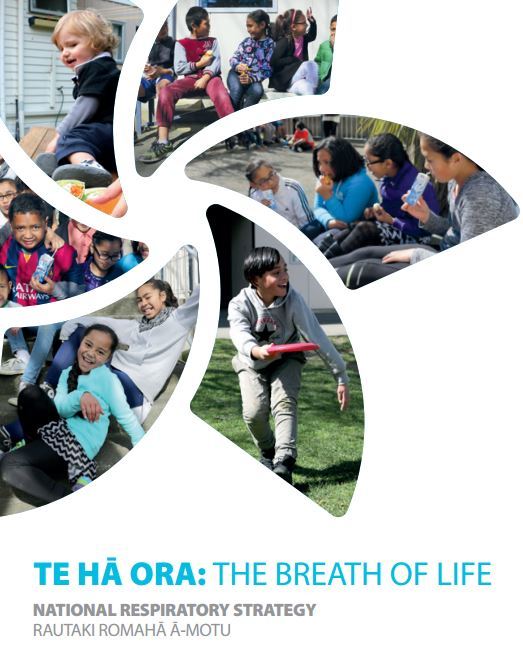
Download National Respiratory Strategy
The National Respiratory Strategy was launched in November 2015 by the Asthma and Respiratory Foundation NZ. The Strategy is an intensively researched document setting out a clear pathway for everyone in the health system to follow.
Respiratory disease is New Zealand's third most common cause of death after cardiovascular disease and cancer, according to WHO's NCD Country Profiles in 2014.
In New Zealand, more than 1,000,000 people (one in five) live with a respiratory condition. Respiratory disease also accounts for one in eleven of all hospital stays and costs the country more than $8.4 billion every year.
People in Māori and Pacific ethnic groups, and low-income groups are affected the most. Hospitalisation for respiratory disease is 2.6 times higher for Pacific peoples and 2.1 times higher for Māori. People living in the most deprived households are admitted to hospital for respiratory illness over three times more often than people from the wealthiest areas.
New Zealand has never had a national strategy or policy for respiratory health.
Why we need a national respiratory strategy
- New Zealand has high and worsening rates of respiratory disease.
- Personal and financial costs will continue to increase without a new approach to improving respiratory health.
- Current efforts are uncoordinated and inequitable – we need a national approach which is consistent across the country.
Calls to action of the Strategy
- Reduce the incidence of respiratory disease.
- Reduce the impact of respiratory disease.
- Eliminate inequalities in respiratory health in New Zealand.
The objectives of the strategy fall into five areas
Environment
- Work to eliminate poverty.
- Improve access to affordable, warm, dry, uncrowded homes.
- Accelerate efforts towards Smokefree Aotearoa 2025.
- Tackle obesity.
Individuals and families
- Improve health literacy.
- Support health behaviours (for example lifestyle changes such as diet and exercise).
- Education of self-management of respiratory conditions – delivered by the education sector.
The health community
- Enhance the role of health workers in health literacy and self-management support.
- Improve prevention methods for all preventable diseases.
- Improve diagnosis and treatment.
The health system
- Improve access to primary care.
- Improve access to specialist care.
- Extend the respiratory health workforce.
- Apply integrated models of care.
- Introduce a respiratory national health target and indicators.
Goal: Research and service evaluation are directed to the areas of most benefit for respiratory health.
To achieve these objectives, respiratory health must be made a New Zealand health priority.



